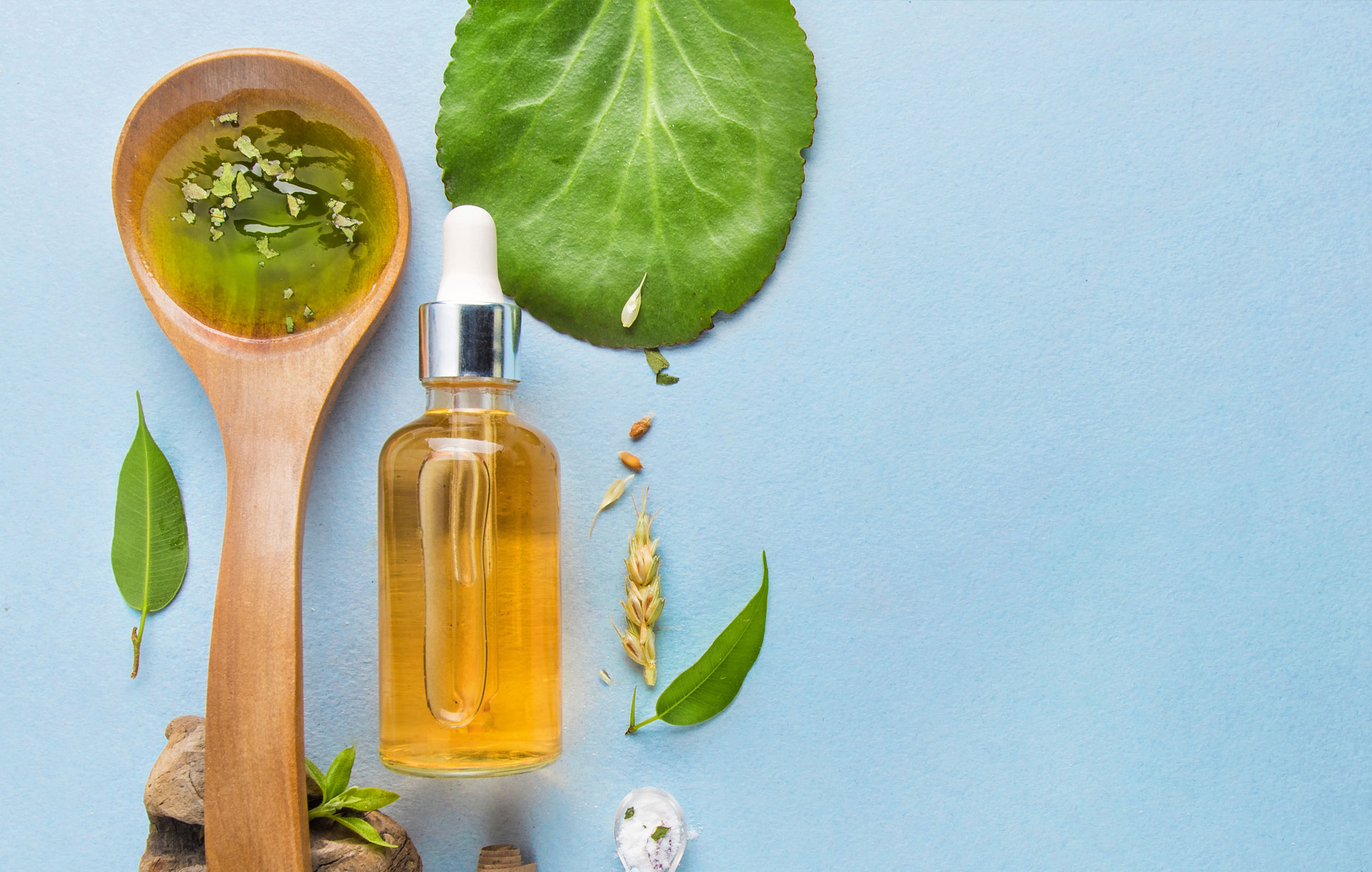How to clean up your diet and skincare routine for healthy and balanced skin
There are a ton of topical solutions to keep acne at bay but what about those that ward off acne for good? Let’s face it. We may never have perfect skin as long as our bodies remain in complete homeostasis for the rest of our lives. Our skin may fluctuate based on our lifestyle, the food we eat, stress levels, and environmental factors. We may experience a pimple or two and immediately know the cause due to an imbalance in our way of living.
And for those who experience consistently painful breakouts, it may be the body reacting to something much deeper that needs to be changed. There are many underlying causes of acne, including poor diet, stress, heavy toxins the body, and product irritation. It may also be a combination of many. Getting to the root requires slowly eliminating these culprits and replacing them with scientifically proven skin-loving habits.
[ihc-hide-content ihc_mb_type=”show” ihc_mb_who=”2,4,6,7,5″ ihc_mb_template=”3″ ]
Understanding the Skin-Gut Connection
More and more studies are proving the gut connection to our overall health. A thriving microbiome with good, diverse bacteria is what translates to a healthy immune system and a strong mind. There are many signs of awry gut health, ranging from stomach discomfort, fatigue, allergies, mood issues, and one of the prominent issues being inflammatory skin conditions.
We all know it takes a good skincare routine and consistent facials to keep the skin looking its best. But there are times when we intuitively know that the issue stems from something much deeper. The reactions we experience in the skin can be a time-told tale of what has been going on within our gut, and usually, the skin is the last to know.
When the root of acne lies in the gut, it can take anywhere from a month to a few months to heal and begin seeing results in the skin.
How do you heal the gut?
Reducing or eliminating harmful foods like refined grains, refined sugar, alcohol, red meat, dairy, and processed foods can help significantly in detoxifying the body. Many who have suffered with skin conditions have seen a significant improvement in their skin and health by eliminating these foods in their entirety. An elimination diet is great for helping to identify certain food intolerances that may be triggering inflammation in the body and skin.
An elimination diet involves removing foods from your diet that you suspect your body can’t tolerate well, and the foods are later reintroduced one at a time to look for symptoms that show a reaction. The process lasts 5 to 6 weeks and can help those with a sensitive gut or food intolerance that are contributing to their symptoms. Foods to avoid on the elimination diet are more extensive and can include citrus fruits, nightshade vegetables, nuts and seeds, meat and fish, unhealthy fats, sugars, and sweets.
An elimination diet can be done through the guidance of books or professionals such as a dietitian, nutritionist, or health coach.
Healing the gut is not only about eliminating certain foods, but replacing these foods with those that help soothe and heal the gut while building a healthy microbiome. Foods that support a healthy gut include bone broth, onions, garlic, asparagus, dandelion greens, kimchi, sauerkraut, and more.
The Liver-Skin Connection
There is a connection between your skin and your liver’s health. The liver’s main job is to filter blood coming from the digestive tract to obtain nutrients, remove toxins, and detoxify chemicals. Liver function is greatly influenced by both nutrients within our diet and environmental toxins that make their way into the body through the food, water, and air we breathe.
Therefore, overexposure to chemicals, pesticides, solvents, and other harmful toxins can lead to the liver being congested and overtaxed, not able to perform its job efficiently. These excess toxins are manifested in the body in a variety of different ways, including inflammation in the skin that can show up as acne, dermatitis, eczema, psoriasis, etc.
In these instances, liver detoxification or cleanse may be needed to reduce the toxins that the liver needs to remove and instead replace these toxins with the proper nutrients that allow the liver to do its job more efficiently.
How do you heal the liver?
A healthy liver naturally cleanses itself. So while there are different liver detoxification procedures and cleansers to support the liver, the key is eliminating harmful stressors on the liver and inviting foods and practices that support healthy liver function. This practice includes consuming foods, drunks, and herbal and natural remedies that support detoxification.
For example, milk thistle contains silymarin and broccoli contains a substance called glucoraphanin that is converted into the body to its bioactive form sulforaphane. While silymarin protects liver cells through a number of mechanisms, sulforaphane reduces liver stress related to environmental toxins.
Other ways to support the liver are consuming antioxidants found in vegetables, particularly leafy greens. Antioxidants help protect both liver cells from damage and skin cells from free radicals.
Foods that harm the liver are also foods that harm the gut and include processed foods, foods that are high in saturated and trans fats, added sugars, and salts. Eating foods high in fiber and a well-balanced diet of whole foods like vegetables, whole grains, beans, and lean meat and drinking lots of water can support a healthy liver.
The Overuse of Skincare
When attempting to heal skin conditions like acne, we may be doing more harm than good with the number of skincare products we use. Like the gut, the skin has its own microbiome and requires a healthy flora of good and bad bacteria. Using too many active ingredients can strip the skin from its natural oils and cause irritation. If your clients are trying out too many products, then their skin may just be confused.
Like any other detox or reset, skin fasting can be helpful for those who want a fresh start. Skin fasting is taking a break from all of your skincare products or routine to give the skin time to breathe and reset. This is a time to strip back on what your clients are currently using to get a better idea of what their skin might be lacking or having too much of. It is recommended to occasionally use the basics (cleanser and SPF) and not wearing makeup. It is recommended to use an oil cleanser to remove dirt and makeup and repair the skin’s natural barrier.
[/ihc-hide-content]













